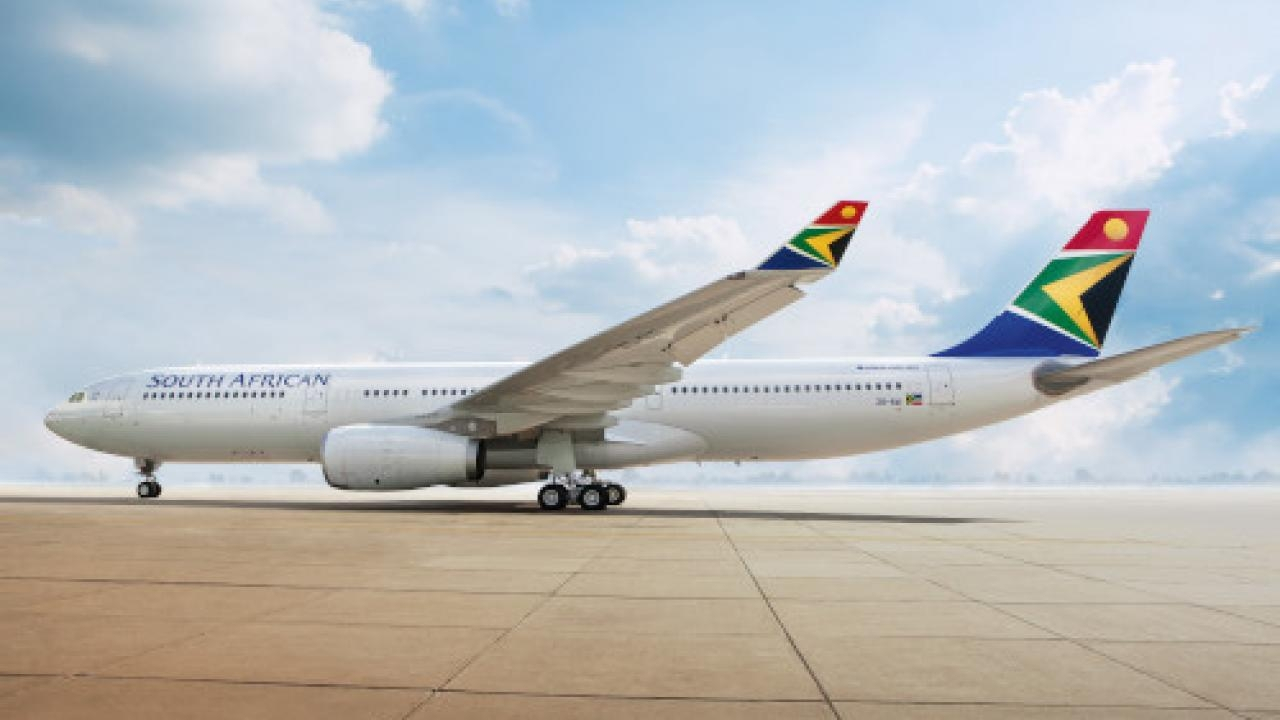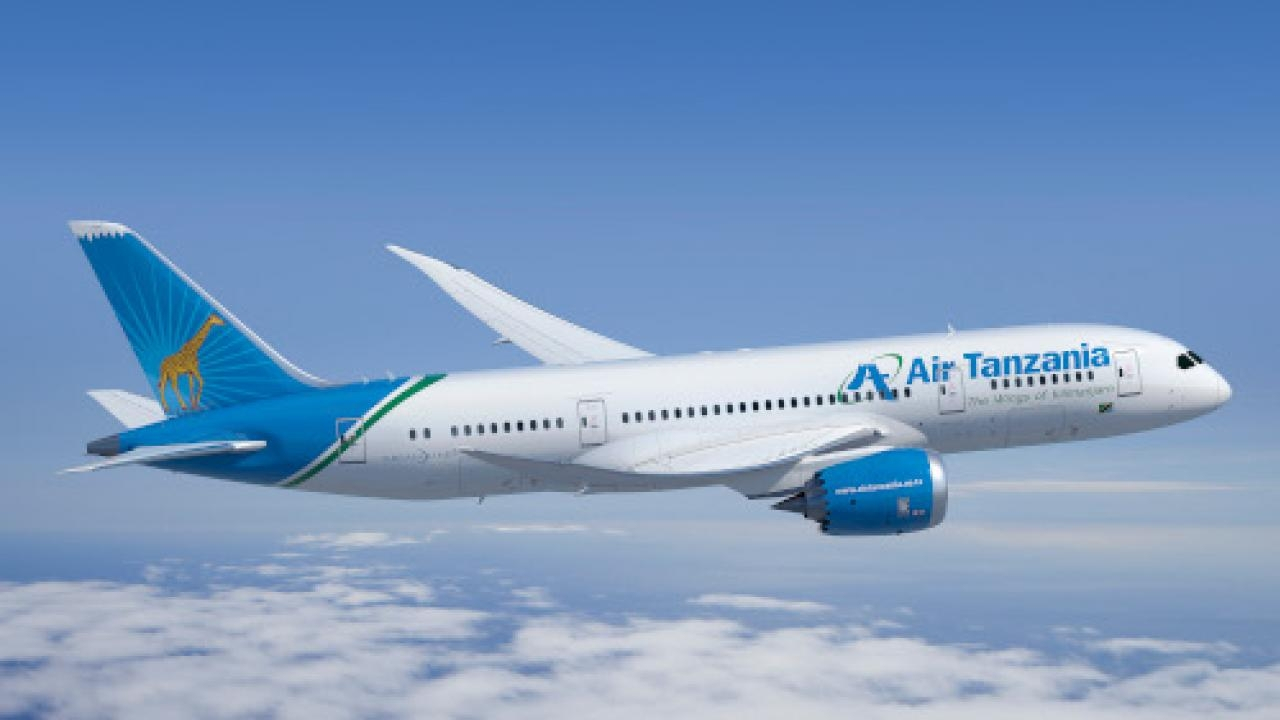AFRAA describes member airlines’ tax concerns
The scale of the problem facing African airlines in coping with high taxes and charges levied by governments and airports is laid out in a report from the African Airlines Association (AFRAA).

South Africa is in the top 10 most expensive countries in terms of ticket taxes, charges and fees. Image: South African Airways
The continent has long been known for high ticket prices, with observers noting a significant part of the problem is the additional costs imposed by governments, which often regard air travellers as being, by definition, well-off and thus able to bear the cost.
Proceeds from taxes and charges disappear into national treasuries, despite longstanding efforts by organisations such as AFRAA and the International Air Transport Association (IATA) to persuade governments that they would gain more in the long term by reducing costs imposed on passengers.
Kamil Al-Awadhi, IATA’s vice president for Africa and the Middle East, has spoken in the past of the frustration of spending considerable time reversing ingrained attitudes in individual countries and reaching agreements to reduce charges, only for changes of government to occur and having to start the process over once again. Similarly, AFRAA engages with government stakeholders, ‘drawing attention to the negative effect of high taxes and charges and their negative implications on travel, tourism, job creation and the economy at large,” the group states.
The AFRAA Taxes and Charges Study Review 2024 looks in de- tail at the level of taxes, charges and fees collected on air tickets and paid by passengers in each African country.
In 2024, the report states, “As the aviation market recovers from the COVID-19 pandemic, many countries have reintroduced and even raised taxes to offset fiscal deficits, leading to higher operating costs for airlines. Additionally, environmental taxes have gained prominence as part of broader global efforts to address climate change.” The report says high taxes, inconsistent policies, and reliance on aviation revenues can stifle the development of a competitive and sustainable aviation sector.
“To foster greater air connectivity, economic growth, and regional integration, it is critical for African governments to consider harmonising tax structures, reducing excessive charges, and pursuing alternative funding methods for aviation infrastructure,” the association says. “Regional cooperation will be key to addressing these issues and ensuring the continued development of Africa’s aviation industry.” The figures featured in the report were collected in September 2024.
Western Africa is the most expensive region, with an average amount of $110 in taxes, charges and fees paid per passenger for international departures compared to $97 in 2022. Central Africa follows, with $107 on average, an increase of $10 com- pared to 2022. Eastern and Southern Africa remain more expensive than neighbouring non-African regions, charging $63 and $35 per passenger, respectively.
Northern Africa is where passengers pay the lowest amount of taxes, an average of $25 per passenger.
According to AFRAA, Gabon leads African nations for total international departure taxes at $298, followed closely by Sierra Leone at $294. Nigeria ($180), Djibouti ($169) and Niger ($131) round out the top five. The least expensive countries in the continent are Libya ($1 per passenger), Malawi ($5), Lesotho ($6), Algeria ($10) and Eswatini ($14).
For regional flights within Africa, AFRAA notes that the average amount of taxes, charges and fees paid by passengers in Africa is $68, compared to $34 in the Middle East and $32
in Europe. Nine of the 10 most expensive African countries for regional flights are in West Africa.
Stay up to date
Subscribe to the free Times Aerospace newsletter and receive the latest content every week. We'll never share your email address.

